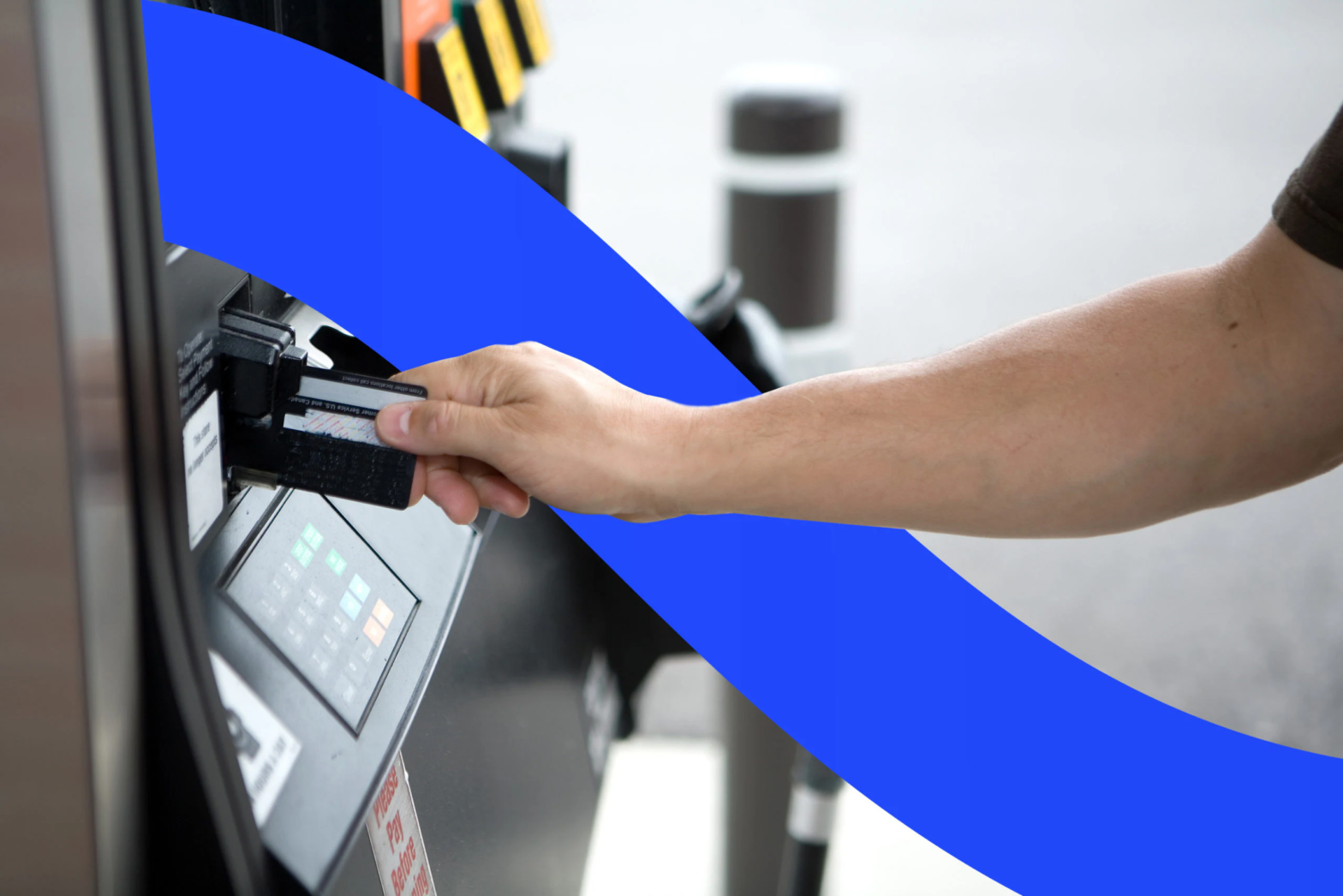Understanding Fleet Cards: A Key Tool for Propane Delivery Businesses
Managing expenses in the propane delivery business can be both complex and time-consuming. One effective solution that many companies are turning to is the use of fleet cards. These cards streamline fuel purchases and other expenses, offering significant benefits in terms of cost control and efficiency. Here’s a closer look at how fleet cards work… Continue reading Understanding Fleet Cards: A Key Tool for Propane Delivery Businesses
Managing expenses in the propane delivery business can be both complex and time-consuming. One effective solution that many companies are turning to is the use of fleet cards. These cards streamline fuel purchases and other expenses, offering significant benefits in terms of cost control and efficiency. Here’s a closer look at how fleet cards work and why they’re an essential tool for propane delivery businesses.
What Are Fleet Cards?
Fleet cards, also known as fuel cards, are a type of payment card specifically designed for businesses that operate vehicle fleets. They are used to pay for fuel, maintenance, and other vehicle-related expenses. Fleet cards are similar to credit cards but come with features and controls tailored to fleet management needs.
How Fleet Cards Work
Fleet cards function much like regular payment cards, but with additional features that make them suitable for fleet operations. These features include:
Fuel Purchases: Drivers can use fleet cards to purchase fuel at designated gas stations. The transactions are recorded in real-time, providing detailed information about the purchase, including the amount of fuel bought, the cost, and the location.
Expense Tracking: Fleet cards automatically track and categorize expenses. This eliminates the need for manual receipt collection and data entry, saving time and reducing errors.
Spending Controls: Businesses can set spending limits and restrictions on fleet cards. For example, you can limit purchases to fuel only or cap the amount that can be spent per day or per transaction.
Reporting and Analytics: Fleet card providers offer reporting tools that provide insights into fuel usage, spending patterns, and other critical data. These reports help businesses monitor expenses, identify cost-saving opportunities, and improve overall efficiency.
Benefits of Using Fleet Cards
Fleet cards offer many advantages to companies that choose to incorporate them into their business practices. Some of the top benefits are:
Cost Control: Fleet cards help businesses control costs by providing detailed spending data and allowing for precise spending limits. This reduces the risk of unauthorized or excessive expenses.
Convenience: Drivers no longer need to carry cash or worry about reimbursement processes. Fleet cards simplify transactions and ensure that drivers can quickly and easily access the fuel and services they need.
Efficiency: Automated expense tracking and reporting save time for both drivers and administrative staff. This efficiency frees up resources to focus on other important aspects of the business.
Security: Fleet cards reduce the risk of theft and fraud. With spending controls and real-time transaction monitoring, businesses can quickly detect and address any suspicious activity.
Cash Flow Management: Fleet cards provide businesses with a clearer picture of their fuel and maintenance expenses. This helps in budgeting and cash flow management, ensuring that funds are used effectively.
Implementing Fleet Cards in Your Business
To maximize the benefits of fleet cards, consider the following steps:
Choose the Right Provider: Select a fleet card provider that offers features and services tailored to your business needs. Look for providers with extensive fuel station networks, robust reporting tools, and strong customer support.
Set Up Controls: Establish spending limits and restrictions that align with your business policies. This includes setting purchase limits, defining approved fuel stations, and restricting non-fuel purchases if necessary.
Train Your Drivers: Ensure that your drivers understand how to use fleet cards correctly and are aware of any spending policies. Provide them with guidance on what to do in case of lost or stolen cards.
Monitor and Review: Regularly review transaction reports and spending data to identify any irregularities or opportunities for cost savings. Use these insights to refine your spending controls and improve overall efficiency.
An Invaluable Resource
Fleet cards are a powerful tool for propane delivery businesses, offering enhanced control, convenience, and efficiency in managing fuel and maintenance expenses. As the propane delivery industry continues to evolve, adopting modern solutions like fleet cards will be key to staying competitive in this dynamic market.

